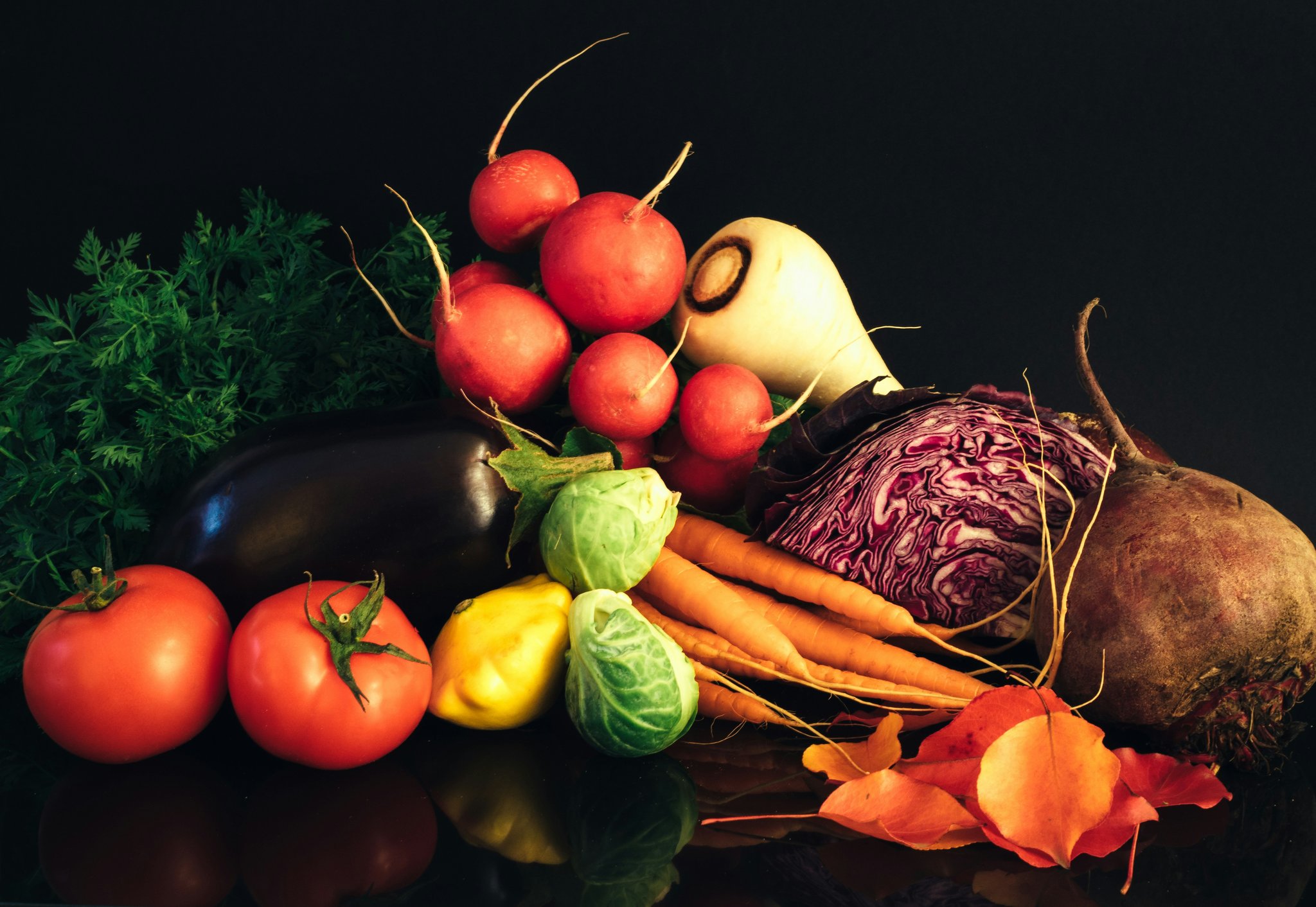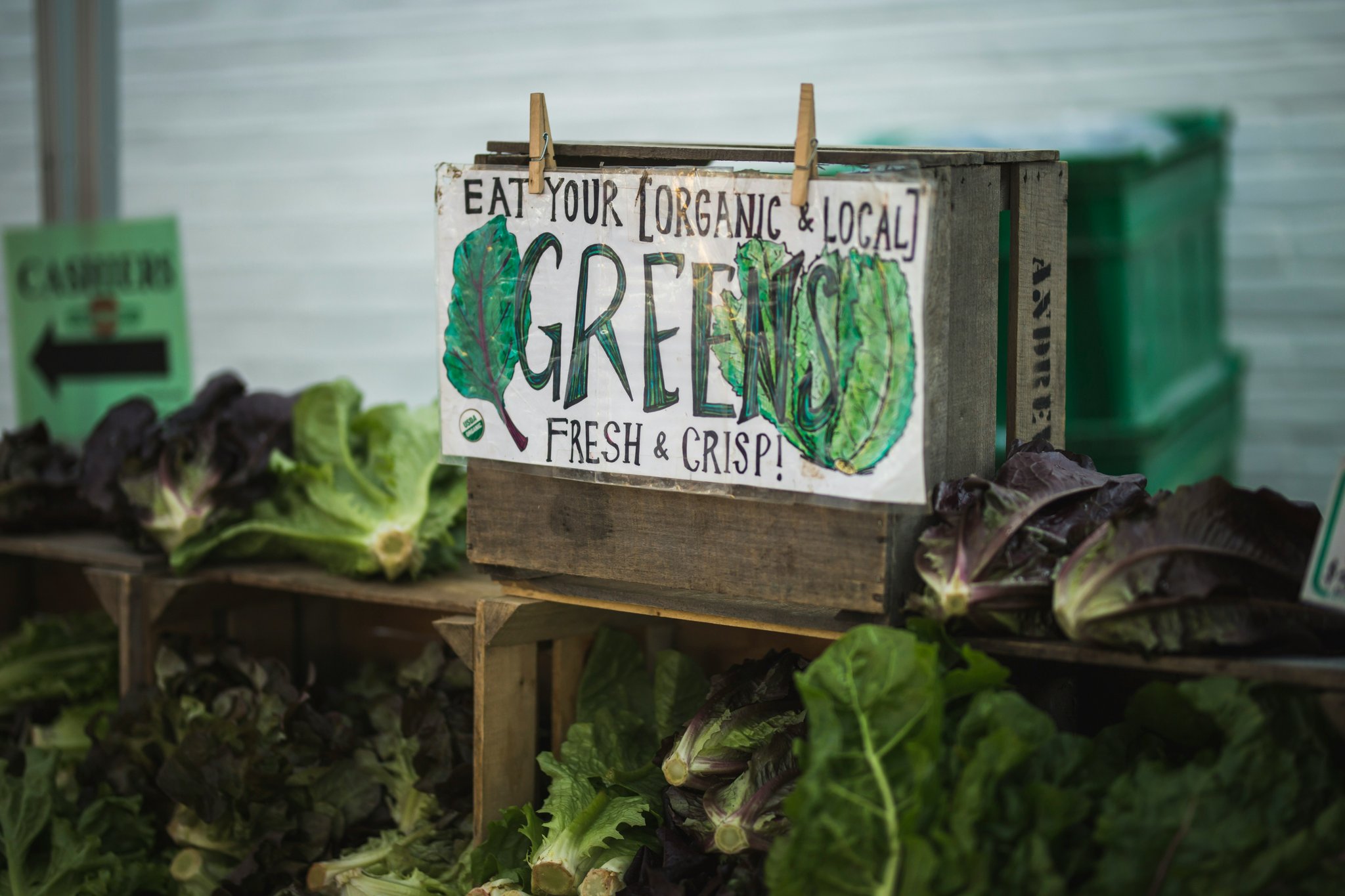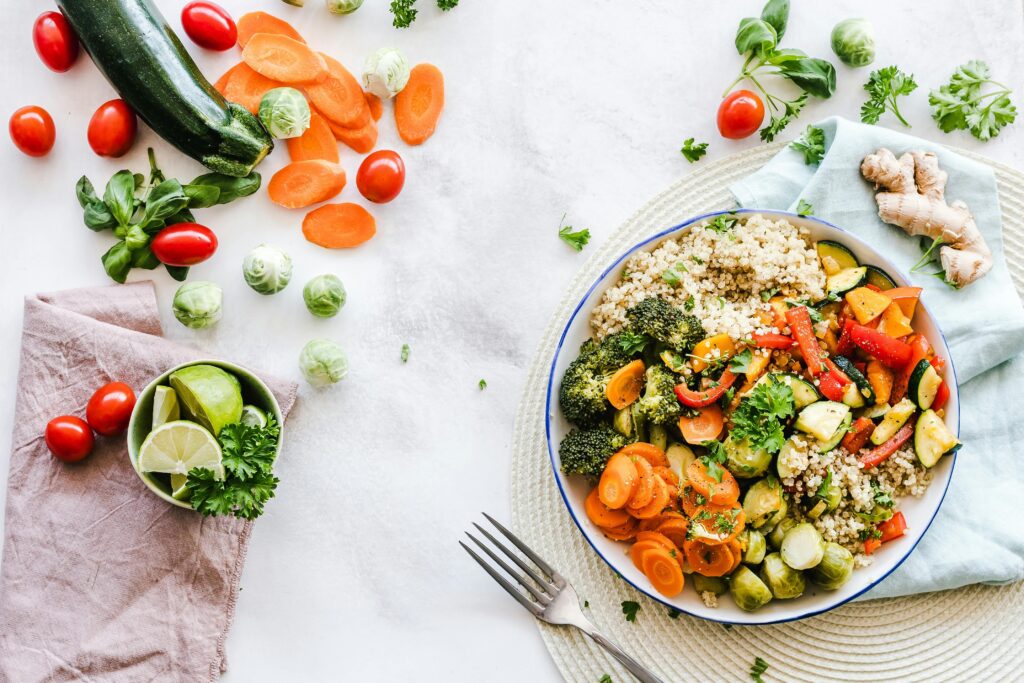Ever wondered why your skincare routine feels like it’s missing that “oomph”? Maybe it’s time to rethink what you’re putting not just on your skin—but into your body.
Welcome to the world of organic and natural beauty where nutritious organic foods play a starring role. In this blog post, we’ll explore how swapping processed junk for nutrient-dense eats can work wonders for your skin (spoiler: glowing complexion ahead). You’ll learn about the science-backed benefits, actionable steps to incorporate these foods into your diet, pro tips for maintaining healthy habits, real-life success stories, and answers to burning questions—all while keeping things as juicy as freshly blended cucumber juice.
Table of Contents
- The Problem with Modern Diets and Its Impact on Skin
- Step-by-Step Guide to Eating for Glowing Skin
- Pro Tips for Incorporating Nutritious Organic Foods
- Real-Life Success Stories: From Dull to Radiant
- FAQs About Using Organic Vegetables for Beauty & Skincare
Key Takeaways
- Eating nutritious organic foods can dramatically improve skin health by providing essential vitamins, minerals, and antioxidants.
- Incorporating organic vegetables into your meals is simpler than you think—start small and focus on variety.
- Avoid overly restrictive diets; balance is key to sustainable results.
- Skincare isn’t just topical—it starts from within!
The Problem with Modern Diets and Their Effect on Your Glow

A visual comparison of processed foods versus fresh fruits and vegetables highlights the stark differences in nutritional value.
“Your face broke out after eating that greasy pizza again? Yeah, been there.” Let me tell you my confessional fail: I once survived an entire week on frozen dinners during a busy work crunch. The aftermath? My skin looked like gravel road terrain.
Modern diets are packed with sugar, preservatives, and artificial additives—none of which do our complexions any favors. Studies show that high-glycemic-index foods can trigger inflammation, leading to acne flare-ups and dullness. Meanwhile, pesticides lurking in non-organic produce might contribute to hormonal imbalances that sabotage your glow game.
Optimist Me: “Switching to nutritious organic foods will clear up your skin!”
Grumpy Me: “Ugh, fine—but only if coffee still counts as part of the plan.”
Step-by-Step Guide to Eating for Glowing Skin

A step-by-step flowchart walks readers through practical ways to integrate organic vegetables into their diets.
- Assess Your Current Diet: Track everything you eat for three days. Identify gaps in nutrients like Vitamin C, E, and zinc.
- Swap Processed Foods for Whole Ones: Replace potato chips with kale chips or sugary yogurt with plain Greek yogurt topped with berries.
- Prioritize Seasonal Produce: Shopping local farmers’ markets ensures fresher options without harmful chemicals.
- Experiment with New Recipes: Try spiralizing zucchini noodles or whipping up a creamy avocado mask for dinner (yes, edible *and* topical).
Pro Tips for Incorporating Nutritious Organic Foods

This table compares boiling, steaming, roasting, and raw preparation techniques for preserving maximum nutrients in veggies.
Not all advice here is sunshine and rainbows:
- TIP #1 (Terrible Advice Disclaimer): Juicing everything won’t save you. Overdoing it strips fiber content needed for digestion—and trust me, constipation does NOT make for great skin.
- TIP #2: Pair fat-soluble vitamins (like A, D, E, K) with healthy fats. Think olive oil drizzled over roasted carrots.
- TIP #3: Don’t forget hydration! Celery sticks = water + crunch combo snack magic.
Rant Time: Why “Detox” Cleanses Are Total BS
Seriously, people, stop falling for flashy detox teas promising miraculous results. Your liver already handles cleansing duties perfectly well when supported by wholesome foods—not gimmicky products filled with laxatives disguised as tea bags. Cheers to prioritizing actual nourishment instead!
Real-Life Success Stories: From Dull to Radiant
“Before switching to organic, I felt sluggish and noticed persistent dark circles under my eyes,” shares Sarah T., a 34-year-old yoga instructor. After adopting a plant-based diet rich in leafy greens and antioxidant-loaded berries, her energy soared—and so did her Instagram likes thanks to picture-perfect skin.
Visual Proof: Swipe left between Sarah’s pre-organic selfie (hello tired eyes!) and post-transformation glow-up pic—no filter required.
FAQs About Using Organic Vegetables for Beauty & Skincare
Why should I choose organic over conventional?
Organic foods contain fewer pesticide residues, reducing exposure to toxins linked to hormonal disruptions and oxidative stress.
Can I grow my own organic vegetables even if I’m a newbie gardener?
Absolutely! Start with easy-to-grow plants like basil, spinach, or cherry tomatoes. Bonus points if they end up starring in tonight’s salad.
What’s one quick recipe using nutritious organic foods?
Mash half an avocado with honey and oatmeal for a hydrating DIY face mask. Your pores will thank you.
Conclusion
Transforming your skincare routine starts with embracing nutritious organic foods. Whether it’s revamping your grocery list, trying new recipes, or simply enjoying nature’s bounty straight from the garden, every bite counts toward achieving radiant skin.
Last Word (Because You Deserve Some Fun):
Like planting seeds in spring,
Growth takes patience aplenty.
But oh, the glow rewards!


